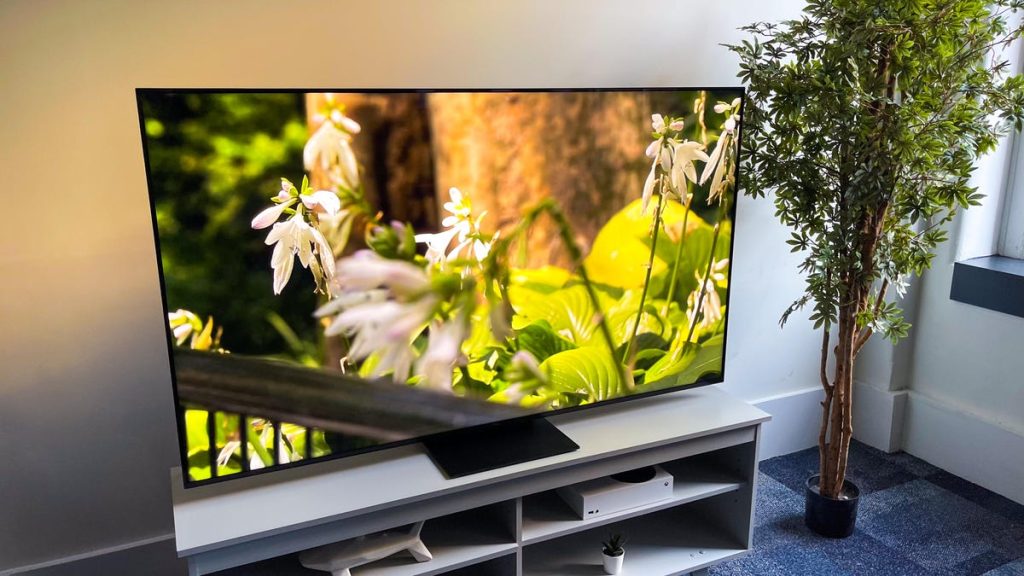When it comes to buying a TV, there are a few key factors to consider in order to make an informed decision. Price is an important consideration, as TVs can range from as low as $100 to over $2,000. Smaller screens tend to be cheaper, while well-known brands and higher quality image can come at an additional cost. It is important to remember that TVs can last a long time, so it may be worth investing more upfront for a better picture. Additionally, it is recommended to shop for a TV in the fall when prices tend to be lower.
Screen size is another crucial aspect to consider when purchasing a TV. In general, bigger is better. A size of at least 43 inches is recommended for a bedroom TV, while a size of at least 55 inches is suggested for a living room or main TV. For the best viewing experience, a screen size of 65 inches or larger is ideal. Many people regret not opting for a larger screen after their purchase, but few complain that their TV is too large. Investing in a larger screen is often seen as the best use of money when buying a TV.
The capabilities of a TV also play a significant role in its performance. For entry-level TVs, the smart TV system is an important feature to consider. Midrange models may offer features such as full-array local dimming, mini-LED, and a 120Hz refresh rate, which can enhance the picture quality. High-end TVs typically feature OLED technology, which is considered to be the best option for superior picture quality. It is important to understand the different features and technologies available in order to choose a TV that meets your specific needs and preferences.
In addition to the key factors mentioned above, there are other considerations to keep in mind when buying a TV. It is recommended to do some research and read reviews from trusted sources to find the best TV for your budget and preferences. Visiting a physical store to see the TV in person and compare different models can also be helpful in making a decision. Furthermore, checking for warranty and return policies, as well as considering additional costs such as mounting hardware or cables, is important when purchasing a TV.
Overall, when buying a TV, it is important to prioritize factors such as price, screen size, and capabilities to ensure that you get the best value for your money. By considering these key factors and doing thorough research, you can make an informed decision and choose a TV that meets your needs and provides a great viewing experience. Whether you are looking for a budget-friendly option or a high-end model with advanced features, there are TVs available to suit a variety of preferences and budgets.


